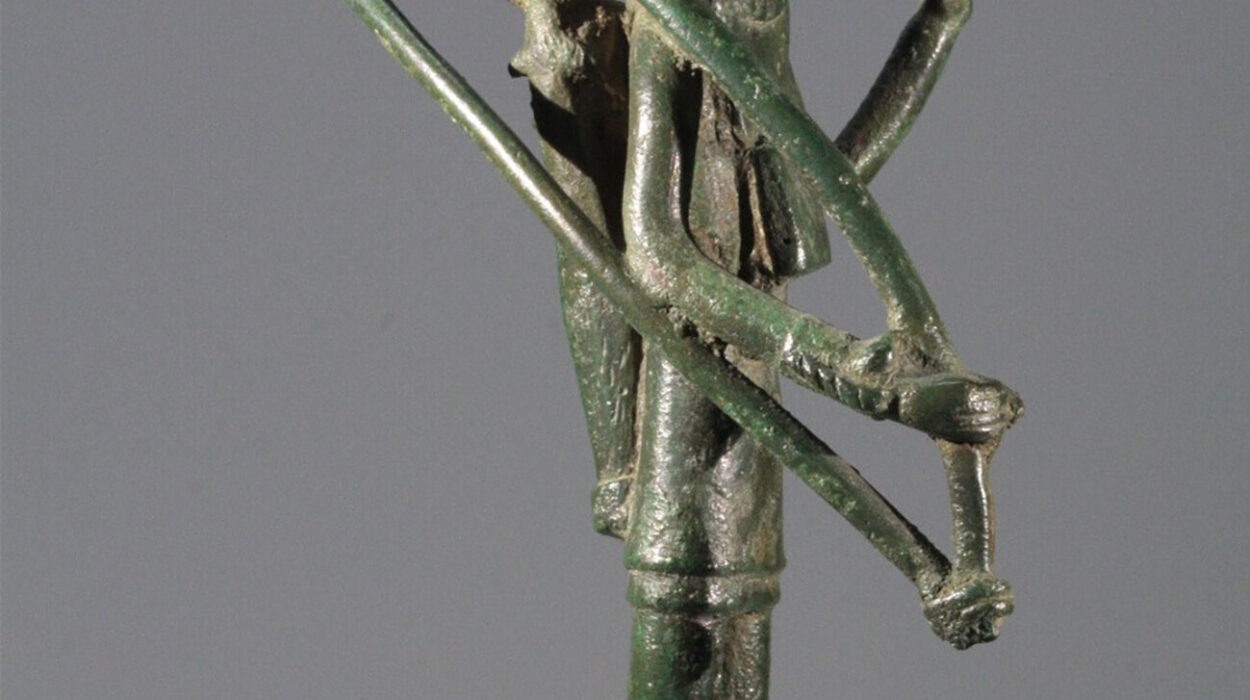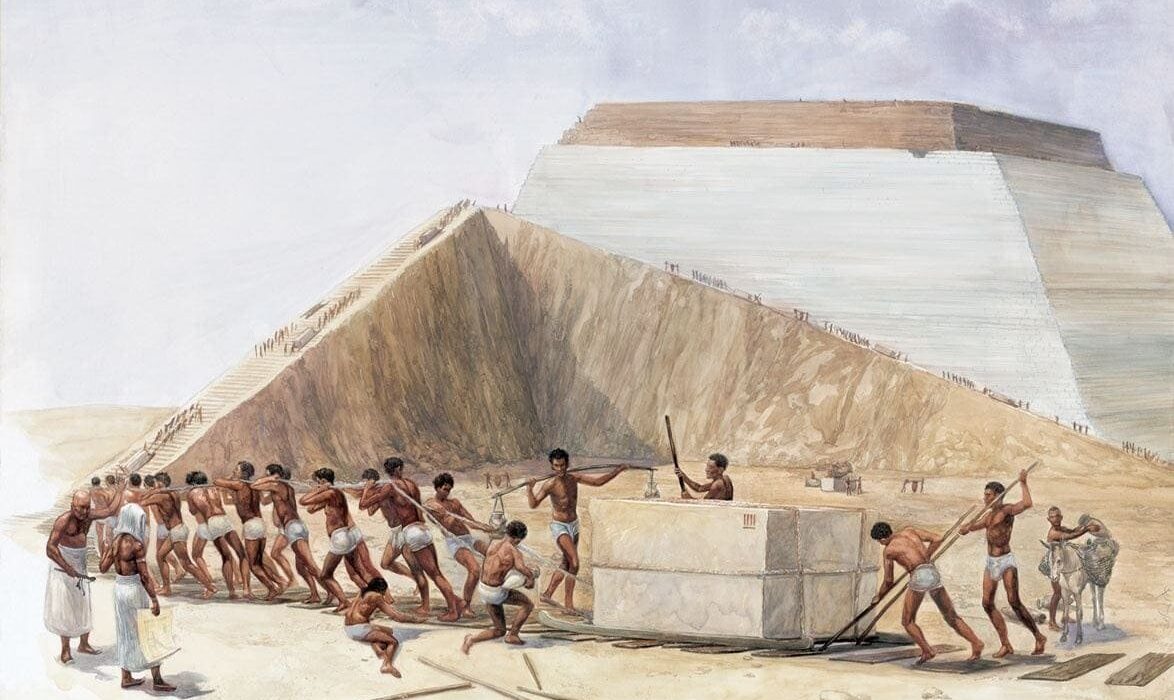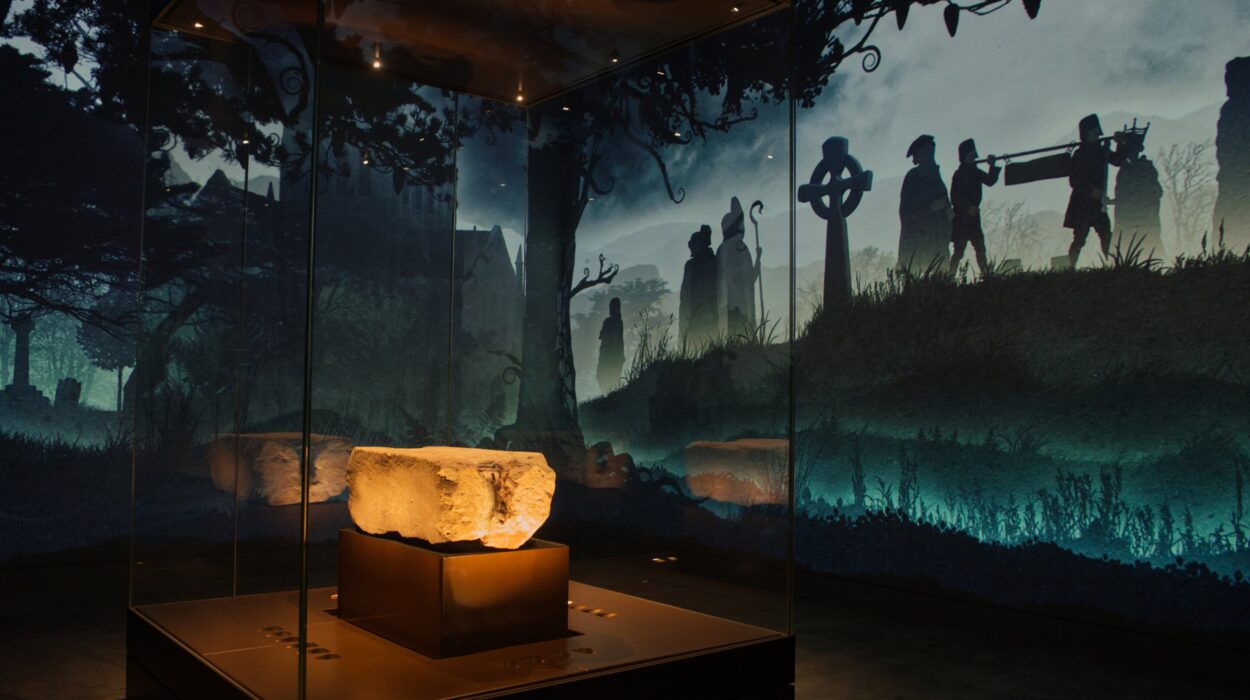Africa is not only the birthplace of humankind but also a wellspring of some of the most enduring and influential civilizations in human history. When we think of ancient civilizations, images of Greece, Rome, or Mesopotamia often come to mind. Yet long before these societies flourished, Africa had already laid the foundation for human culture, science, and statecraft. From the Nile Valley kingdoms to the empires of West Africa, the continent gave rise to cities, philosophies, trade networks, and technologies that shaped the course of history.
The legacy of ancient African civilizations is profound, though often overlooked in mainstream narratives. These societies developed systems of writing, pioneered advances in medicine, mathematics, and architecture, and cultivated rich traditions of art, music, and spirituality. They established trade routes that connected Africa to Asia and Europe, fueling the exchange of goods and ideas. Their legacies live on today, not only in monuments like the pyramids of Egypt and the stone cities of Zimbabwe but also in cultural practices, oral traditions, and the very foundations of global civilization.
To understand the legacy of ancient African civilizations is to reconnect with a past that belongs to all of humanity. It is to rediscover the ingenuity, resilience, and brilliance that radiated from the African continent, influencing the world in ways still felt today.
The Nile Valley Civilizations: Egypt and Nubia
No discussion of Africa’s ancient legacy can begin without the Nile Valley. Along this life-giving river, some of the world’s earliest and most sophisticated civilizations arose.
Ancient Egypt: Beyond the Pyramids
The story of ancient Egypt often begins with its monumental architecture—the pyramids of Giza, the temples of Luxor and Karnak, the enigmatic Sphinx. These wonders remain symbols of human ingenuity and endurance. But Egypt’s legacy extends far deeper than stone monuments.
Egyptians developed one of the earliest writing systems, hieroglyphics, which allowed them to record history, law, religion, and literature. They pioneered medical practices documented in papyri that described surgeries, treatments, and herbal remedies. Their knowledge of mathematics and astronomy enabled them to construct precise calendars and align their monuments with celestial bodies.
Egyptian religion, with its pantheon of gods and the concept of life after death, shaped cultural practices for millennia. Their art, literature, and philosophy influenced Greece and Rome, and through them, the wider Western world. The concept of Ma’at, representing truth, balance, and justice, remains a timeless expression of the human pursuit of order and morality.
Nubia and Kush: The Forgotten Kingdoms
South of Egypt, along the Nile in present-day Sudan, lay the powerful civilizations of Nubia and Kush. These kingdoms were Egypt’s rivals, allies, and inheritors. The Kingdom of Kush at one point ruled over Egypt itself, establishing the 25th Dynasty, often called the “Black Pharaohs.”
Nubians built their own pyramids—smaller but more numerous than those of Egypt. They were skilled metalworkers, especially in iron, and established trade networks that connected sub-Saharan Africa with the Mediterranean. They preserved unique cultural traditions, blending Egyptian influences with indigenous African elements.
The legacy of Nubia and Kush is often overshadowed by Egypt, yet these civilizations played a vital role in African and world history. They remind us that the Nile was not the possession of one people but a corridor of interconnected cultures that enriched one another.
The Horn of Africa: Aksum and Beyond
To the east, the Horn of Africa nurtured another great civilization: the Kingdom of Aksum. Flourishing between the 1st and 7th centuries CE in present-day Ethiopia and Eritrea, Aksum was one of the world’s most powerful trading empires.
Aksum controlled ports along the Red Sea, linking Africa to Arabia, India, and the Mediterranean. Its traders dealt in gold, ivory, frankincense, and exotic animals. Aksum minted its own coins—the first African civilization to do so—bearing inscriptions in Ge’ez, a script still used in Ethiopia today.
Aksum also played a pivotal role in the history of religion. It was one of the first major empires to adopt Christianity in the 4th century CE, long before most of Europe. The ancient churches of Lalibela, carved out of solid rock, stand as testaments to the kingdom’s spiritual and architectural legacy.
The story of Aksum reminds us that Africa was not isolated from world history but at its crossroads, shaping and being shaped by global interactions.
West Africa: The Empires of Gold and Knowledge
While the Nile Valley and Aksum dominated the east, West Africa gave rise to powerful empires that dazzled the world with their wealth, scholarship, and cultural vitality.
Ghana Empire: The Land of Gold
The earliest of these was the Ghana Empire (not to be confused with modern Ghana), which flourished between the 6th and 13th centuries in what is now Mali and Mauritania. Ghana controlled trans-Saharan trade routes, becoming a hub for gold and salt exchange. Arab travelers described Ghana’s capital as a city of splendor, where the king presided over a court adorned with gold and surrounded by armies of thousands.
Ghana’s decline paved the way for the rise of Mali, which would achieve legendary status.
Mali Empire: The Splendor of Mansa Musa
The Mali Empire, reaching its height in the 14th century, is remembered as one of the richest empires in history. Its most famous ruler, Mansa Musa, is often described as the wealthiest individual ever to live. His pilgrimage to Mecca in 1324 left the world in awe, as he distributed so much gold along his journey that he disrupted economies.
But Mali’s legacy was not just wealth—it was knowledge. The city of Timbuktu became a beacon of learning, home to great libraries and universities where scholars studied theology, law, astronomy, and medicine. Manuscripts from Timbuktu still survive today, preserving centuries of African intellectual tradition.
Mali reminds us that Africa was not only rich in resources but also in ideas, scholarship, and creativity.
Songhai Empire: The Pinnacle of Power
After Mali’s decline, the Songhai Empire rose to dominance in the 15th and 16th centuries. Centered in Gao, Songhai controlled vast territories stretching across West Africa. It maintained sophisticated systems of administration, taxation, and trade.
Songhai’s rulers supported scholarship, and cities like Timbuktu and Djenné continued to thrive as centers of learning. Its armies, equipped with cavalry and river fleets, secured stability across its domains.
Though eventually defeated by Moroccan invaders, the Songhai Empire left behind a legacy of governance, scholarship, and cultural richness that continues to inspire.
Central and Southern Africa: Great Zimbabwe and Beyond
In Southern Africa, the civilization of Great Zimbabwe stands as one of the most striking legacies of African ingenuity. Between the 11th and 15th centuries, the city of Great Zimbabwe flourished as the center of a powerful kingdom. Its massive stone enclosures, built without mortar, remain among the most impressive structures in sub-Saharan Africa.
Great Zimbabwe controlled trade in gold and ivory, linking the interior with coastal city-states along the Indian Ocean. It was part of a network that connected Africa to Arabia, India, and even China.
Further south, the Mapungubwe Kingdom (in present-day South Africa) and later the Mutapa Empire carried forward this tradition of trade and statecraft. These societies challenge outdated stereotypes by showing that Africans built monumental architecture, developed complex political systems, and engaged in far-reaching trade long before colonial contact.
The Swahili Coast: Gateways of Trade and Culture
Along the East African coast, a unique civilization flourished between the 8th and 15th centuries: the Swahili city-states. Cities like Kilwa, Mombasa, and Zanzibar thrived as trading hubs, connecting Africa with Arabia, India, and China.
The Swahili culture was a blend of African, Arab, and Persian influences, reflected in its language, architecture, and traditions. Stone mosques, coral palaces, and intricately carved doors still testify to their artistry. The Swahili people embraced Islam while preserving African cultural roots, creating a cosmopolitan society that welcomed merchants from across the Indian Ocean world.
The legacy of the Swahili Coast shows Africa not as a continent cut off from the world, but as an active participant in global trade and cultural exchange for over a thousand years.
Knowledge, Science, and Philosophy in Ancient Africa
Ancient African civilizations were not only centers of power and trade but also of knowledge. Egyptian medicine, Ethiopian theology, Timbuktu’s manuscripts, and Swahili poetry all represent contributions to human understanding.
Astronomy guided agricultural cycles and religious practices. Mathematics underpinned architecture and commerce. Philosophical concepts like Ma’at or the African emphasis on communalism continue to influence thought today.
These intellectual traditions remind us that Africa was never a “dark continent” waiting to be discovered, but a luminous source of innovation and wisdom.
The Lasting Cultural Legacy
The cultural legacy of ancient African civilizations endures in countless ways. Music and oral traditions, passed down through generations, preserve stories of kingdoms and heroes. Artistic traditions, from Nubian pottery to Yoruba sculpture, continue to inspire. Languages, philosophies, and spiritual practices maintain deep roots in African heritage.
Moreover, the African diaspora has carried these legacies around the world. Enslaved Africans brought rhythms, beliefs, and resilience that shaped the Americas, contributing to new cultural forms like jazz, blues, and Caribbean religions. The legacy of Africa’s ancient civilizations thus resonates far beyond the continent itself.
Lessons for the Present and Future
Why does the legacy of ancient African civilizations matter today? Because history shapes identity. For too long, Africa’s contributions to world civilization have been minimized or ignored. Reclaiming this heritage is an act of justice, restoring to Africa its rightful place in the human story.
These civilizations also teach timeless lessons. They show the importance of trade and cultural exchange in fostering prosperity. They demonstrate the resilience of societies that thrived in diverse and often challenging environments. They remind us of the value of knowledge, the power of unity, and the danger of forgetting our past.
In a world still grappling with inequality and division, the story of Africa’s civilizations is a call to recognize shared humanity, celebrate diversity, and honor the contributions of all peoples.
Conclusion: Africa’s Eternal Legacy
The legacy of ancient African civilizations is vast and enduring. From the pyramids of Egypt to the manuscripts of Timbuktu, from the stone walls of Great Zimbabwe to the mosques of Kilwa, Africa has given the world treasures of intellect, artistry, and resilience.
To study these civilizations is not only to look back but to look forward. Their stories remind us that Africa has always been central to human history and will continue to shape humanity’s future. The cradle of humanity is also the cradle of civilization, and its legacy belongs to us all.
Africa’s ancient civilizations whisper across time, telling us that the story of life and culture is not complete without them. They remind us that we stand on the shoulders of countless generations who built, dreamed, and created in ways that still shape our world today. Their legacy is eternal, and it invites us to walk forward with reverence, pride, and renewed vision for the future of humanity.






